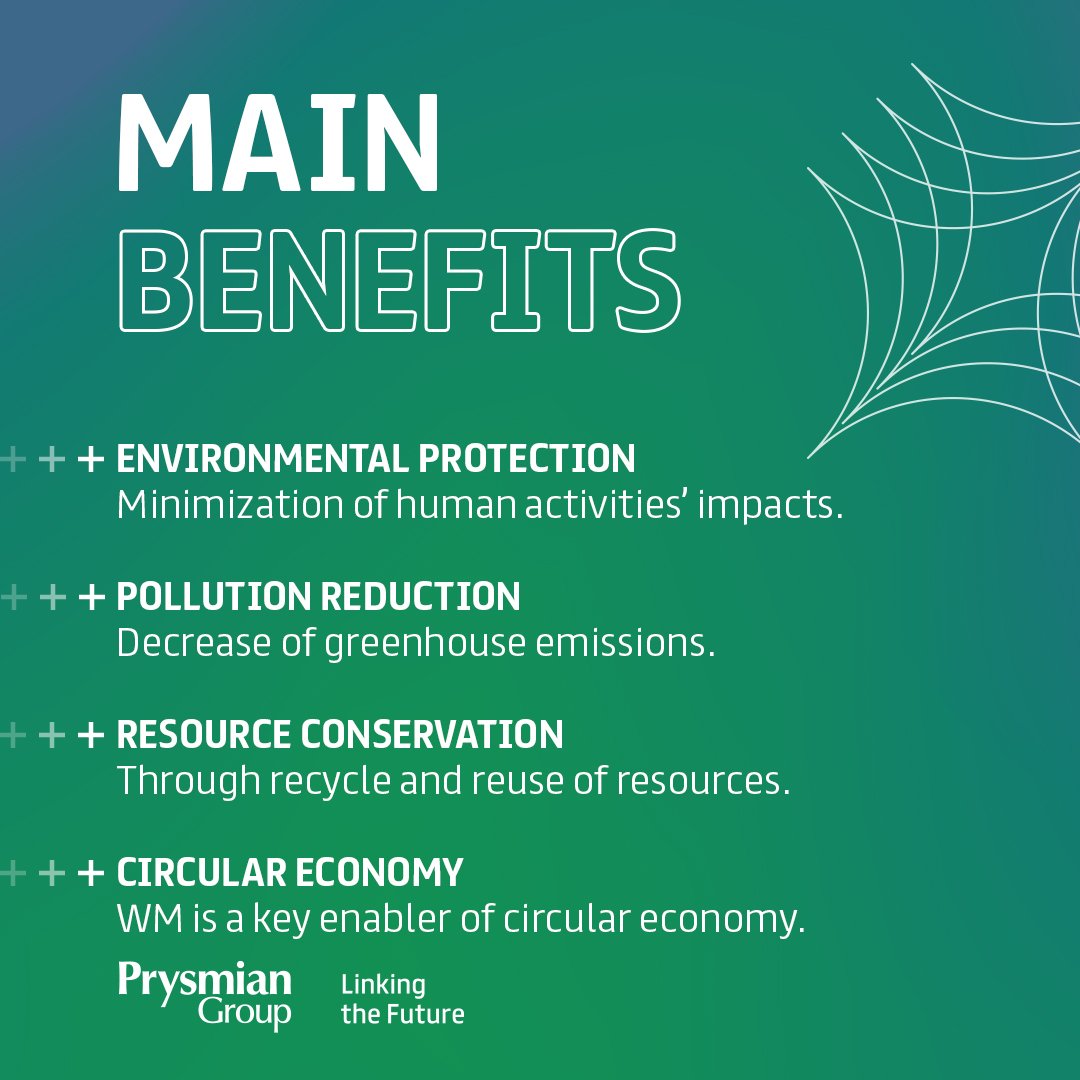Reclaim Waste for Dummies
Reclaim Waste for Dummies
Blog Article
Rumored Buzz on Reclaim Waste
Table of ContentsAll About Reclaim WasteReclaim Waste Can Be Fun For AnyoneThe Greatest Guide To Reclaim WasteThe Reclaim Waste PDFsThe 4-Minute Rule for Reclaim Waste
Discover the types, occurrences, and types of liquid waste. Residential sewage waste refers to the waste and items from a household septic system. This kind of waste is developed by humans in residences, colleges, and other structures. This only consists of septic systems that have a drainpipe area. The correct administration and disposal of residential sewage waste need liquid waste to be moved to a sewage treatment plant where the correct approaches and tools are applied to detoxify and dispose of waste.
Business waste commonly includes prospective risks, such as combustible materials or a blend of fluid and strong waste items, and calls for an advanced and comprehensive disposal procedure. The disposal of business waste usually entails the filtration of waste before transport to make certain safe and appropriate disposal. Hazardous waste is created from byproducts and overflow of commercial procedures and manufacturing.
This kind of waste can not utilize the very same sewage monitoring transport or procedures as septic or business liquids. The industrial waste management process requires the inspection and testing of fluid waste before it undertakes the disposal process (liquid waste removal). Drainage waste is the fluid waste that originates from drainage and excess stormwater in very booming locations or cities
Runoff waste can cause contamination and flooding if not dealt with effectively. Find out more about sewer cleaning and waste management. Making sure correct waste monitoring can stop calamities and minimize ecological harm. Both individuals in domestic settings and professionals in business or manufacturing sectors can benefit from understanding the procedures and guidelines of fluid waste management.
Indicators on Reclaim Waste You Need To Know
Call PROS Services today to discover about our waste monitoring and disposal solutions and the appropriate ways to take care of the fluid waste you produce.
(https://myanimelist.net/profile/reclaimwaste1)Do you know what takes place to your water when you end, purge the toilet or drain pipes the washing equipment? No? Well, it's worth knowing. This supposed 'wastewater' is not only a vital source but, after therapy, will be launched to our land, waterways or the sea. Used water from commodes, showers, baths, kitchen sinks, laundries and industrial procedures is referred to as wastewater.

water made use of to cool machinery or tidy plant and tools). Stormwater, a type of wastewater, is drainage that streams from farming and metropolitan areas such as roofing systems, parks, yards, roadways, paths and gutters into stormwater drains pipes, after rainfall. Stormwater moves neglected straight to neighborhood creeks or rivers, at some point reaching the sea.
Top Guidelines Of Reclaim Waste
In Queensland, the majority of wastewater is dealt with at sewer treatment plants. Wastewater is moved from residential or commercial sites with a system of sewers and pump stations, recognized as sewage reticulation, to a sewer treatment plant.
The Department of Natural Resources encourages regional governments concerning handling, operating and preserving sewerage systems and therapy plants. In unsewered locations, city governments may need homeowners to install specific or family sewage treatment systems to deal with domestic wastewater from bathrooms, kitchens, bathrooms and washings. The Division of Natural Resources authorizes the use of home systems when they are proven to be reliable.
The majority of stormwater obtains no treatment. In some brand-new subdivisions, treatment of some stormwater to get rid of trash, sand and gravel has actually begun utilizing gross pollutant traps. Wastewater therapy occurs in 4 stages: Gets rid of solid issue. Bigger solids, such as plastics and other items mistakenly discharged to sewage systems, are removed when wastewater is gone through screens.
Utilizes little living organisms recognizes as micro-organisms to damage down and remove staying liquified wastes and great fragments. Micro-organisms and wastes are integrated in the sludge.
The Basic Principles Of Reclaim Waste
Nutrient removal is not offered in all sewer therapy plants due to the fact that it requires expensive specialist equipment. It is ending up being more common in Queensland. Clear fluid effluent produced after treatment might still have disease-causing micro-organisms. If this effluent is released right into rivers such as rivers or the sea, the micro-organisms will at some point pass away out.

This generally indicates wastewater has to be treated or impurities eliminated before it can be discharged to rivers. Many wastewater streams right into the sewerage system. Under the Act, neighborhood federal governments carry out approvals and permits for ecologically pertinent tasks (ERAs) entailing wastewater releases that may have a neighborhood effect. The division administers authorizations and permits to Periods including wastewater launches that could have a regional or statewide impact.
The Facts About Reclaim Waste Uncovered
Or else, examples are taken for lab analysis. Usually lots of tests are needed to develop the levels of each of the various toxins such as oils, hefty metals and chemicals in water. Tracking gives valid details concerning water high quality and can validate that licence conditions are being met. The information acquired through surveillance supplies the basis for making water quality choices.
Report this page